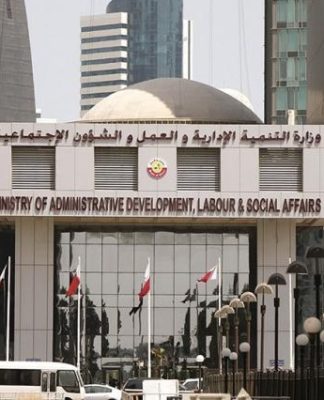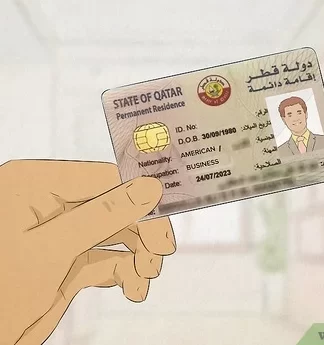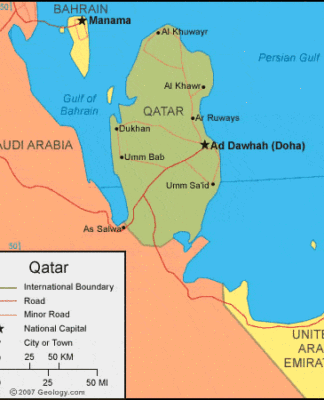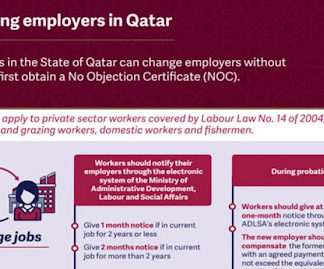Italy: Tricky exit looms from China Belt and Road deal
Ella Joyner Brussels
13 hours ago13 hours ago
An ill-fated infrastructure deal between Italy and China looks set to lapse. The pressing question for Rome’s right-wing government, according to one minister, is how to extricate itself without causing offense.
https://p.dw.com/p/4RXLJ
A head-and-shoulders picture of Italian Prime Minister Giorgia Meloni in front of two microphones.
Italy’s Giorgia Meloni must tread a fine line betwen tradtional allies and a powerful trade partner.Image: Andreas Solaro/AFP
The lukewarm feelings of Giorgia Meloni, Italy’s far-right prime minister, toward China are no secret. Shortly before the election that propelled her to the head of a right-wing coalition last September, Meloni described Italy’s 2019 entry into the Belt and Road Initiative with a $2.5 billion (€2.3 billion) investment deal as “a big mistake.”
Beijing’s massive global infrastructure investment drive kicked off in 2013 with the aim of better connecting intercontinental trade infrastructure — and enhancing China’s influence abroad. Rome’s nonbinding Memorandum of Understanding (MoU) with Beijing was inked under the previous government, just as many Western allies were hardening their stance on China.
Destination: Europe – China’s Belt & Road Project
28:36
There had been much speculation about what Meloni would do in office. Her defense minister sent a strong signal that the deal may well be left to lapse.
“The decision to join the Silk Road was an improvised and atrocious act,” Italian Defense Minister Guido Crosetto told the Corriere della Sera newspaper last week.
The deal had tripled China’s exports to Italy, but had not had same effect going the other way, said Crosetto, who is also a member of Meloni’s archconservative Brothers of Italy party.
The nonbinding infrastructure deal, which comprised dozens of cooperation agreements but failed to translate into a serious spending spree, is set to automatically renew for a further four years in March 2024 unless Meloni ends it.
On a trip to the United States last week to meet with President Joe Biden, Meloni said she would make a decision before December. The matter needed to be discussed in the Italian parliament and with the Chinese government, she added.
“You can have good relations with China without the Belt and Road initiative,” Meloni told the US broadcaster Fox News in an interview that aired over the weekend.
There are more than a few who would like Meloni to let the agreement expire. With tensions between Beijing and the leaders of Taiwan on the rise, Washington is keen to have its close allies follow a strict line on China.
The European Union is divided over how closely to align with US President Joe Biden’s hard stance on China. The Baltic states are strongly trans-Atlantic in this regard but France and Germany are more ambivalent. French President Emmanuel Macron recently caused controversy by implying that the EU need not get too involved in escalating tensions between China and Taiwan.
How we got here
So why did Italy sign up in the first place? It all started under Prime Minister Matteo Conte. In economic terms, the government was motivated by a desire not to miss out on a “piece of the pie,” as Federiga Bindi, then a fellow at the Carnegie Endowment for Peace, wrote at the time.
Chinese President Xi Jinping talks to a small crowed as he visits the Piraeus Port in Greece. Next to him on the right stands Greek Prime Minister Kyriakos Mitsotakis. In the background are cranes and shipping containers.Chinese President Xi Jinping talks to a small crowed as he visits the Piraeus Port in Greece. Next to him on the right stands Greek Prime Minister Kyriakos Mitsotakis. In the background are cranes and shipping containers.
President Xi Jinping personally visited the Greek port of Piraeus, a hot spot for Chinese investmentImage: Li Xueren/Xinhua/picture alliance
Italy saw heavy Chinese investment in northern European infrastructure, but also in the Greek port of Piraeus, and wanted in. Part of the Italian deal foresaw investment in the key ports of Trieste and Genoa.
Back then, signing made sense politically for the two parties in the governing coalition. In fact, close trade ties between China go all the way back to the government of Romano Prodi in the 1980s, Bindi, now at the Rome Tor Vergata University, wrote.
The 2019 memorandum was a risky move in terms of Italy’s relations with traditional allies in the European Union and NATO.
Personal politics vs. political pragmatism
Meloni’s personal feelings are pretty clear. “Meloni has always been a firm opponent of some of China’s behaviors,” Enrico Fardella, a China expert from the University of Naples, told DW via email. Even as sports minister during the 2008 Beijing Olympics, she criticized Beijing’s human rights record, especially in Tibet.
Her opposition also happens to be politically salient, Fardella said. Meloni’s coalition contains two parties — the League and Forza Italia — that have been accused of inappropriate proximity to Russia in the wake of Moscow’s war on Ukraine.
“Meloni’s position on China helps to balance her allies’ controversial positions on Russia, converge the coalition on a joint critical stance toward some of China’s global and domestic stances, and [lend] an image of reliability over the new government in the eyes of Italy’s main allies,” Fardella said.
Meloni, whose Brothers of Italy party has neofascist roots, is keen to show that she is a prime minister like any other, capable of working smoothly with partners on the world stage.
Infographic: China’s new Silk Road, including planned and existing ports and railroadsInfographic: China’s new Silk Road, including planned and existing ports and railroads
A risky rupture with Beijing?
If Meloni does indeed try to bow out of the deal gracefully, she would need to tread carefully.
A nonrenewal could be embarrassing for China, given that the deal was an important political signal back in 2019. Italy was the first (and only) G7 country to sign up, though other EU countries — the Czech Republic, Hungary, Poland, Greece and Portugal — signed similar memoranda.
Should Italy withdraw on bad terms, there could be repercussions, Fardella said.
“If the Italian decision will turn into a loss of face for Beijing, a retaliation may occur,” he said. “It could probably affect the export to Italy of those strategic components that are needed for the Italian industry.” The risk is that the European Union would side with Italy and retaliate, further escalating the situation.
“The timing and the form of this decision will be crucial,” Fardella said. “A sudden and shortsighted decision taken by Italy over the MoU could further contribute to this dangerous paranoia that is setting China and the West [on] two divergent and conflictual courses.”
However, China did not respond when Central and Eastern European states pulled out of another cooperation agreement, the so-called 16+1 format, in 2021 and 2022, Fardella noted.
Fraser Howie, the author of several books on China, including “Red Capitalism: The Fragile Financial Foundations of China’s Extraordinary Rise,” told DW on Tuesday that he did not think China would do anything if Italy were to leave.
“Beijing will get all upset and claim this is a great insult to 1.4 billion Chinese,” Howie said. “But, ultimately, there’s very little that Beijing can do.”
“Italy is an important member of the European Union,” Howie said. “Italy is a very popular draw for Chinese tourists.”
“The Chinese can’t force themselves. They’re not invading Italy so they can build roads and bridges,” Howie said.
This article was originally published on May 18, 2023, and updated on August 2, 2023, to reflect recent developments.






























